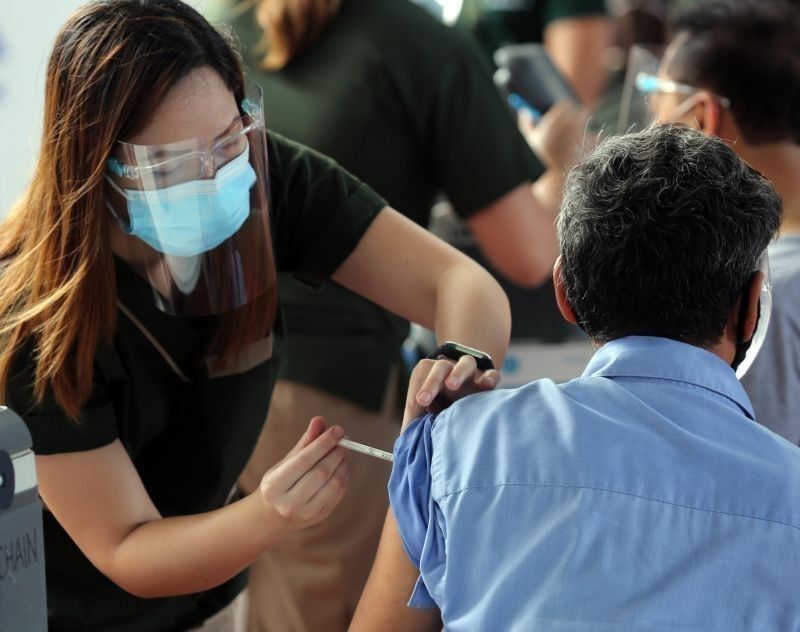By Power 360
Published on 01/08/2022 at 10:53 am
Defended by experts and used as a public policy strategy in Europe and the United States, self-tests for covid-19 are prohibited in Brazil.
The self-test is a quick antigen test that can be done by the person, without the need to go to the pharmacy, laboratory or hospital.
It costs €2 and €5 in Portugal. And it can reach 10 € in Italy. It is also available free of charge in the UK and in certain parts of the US and Canada.
“Other countries that have adopted the approach have targeted health criteria to such situations and established public policies”, said Anvisa, in a note, when asked about the Brazilian restriction. Here is the full text (29 KB) of the communiqué.
Brazil allows self-testing for diabetes and pregnancy. According to Anvisa, tests are released in which the result does not determine a critical condition. Or, it is preliminary and requires follow-up with the appropriate laboratory test.
Diseases with mandatory notification to health authorities, as is the case of covid-19 , cannot have self-tests.
Anvisa’s resolution, however, may have exceptions in case of “public policies and strategic actions”. These actions would need to be instituted by the Ministry of Health and approved by the agency.
In November, the agency sent a technical note to the ministry debating the topic. In the document, it cites a series of obstacles to self-tests.
It says, for example, that “simplicity does not guarantee SAFETY [escrito em caixa alta] in its use if the basic precepts of good practices are not observed”. Here is the full text (168 KB).
Anvisa also stated that there should be preference for the RT-PCR exam for the diagnosis of coronavirus. He said the rapid tests are for “screening and monitoring strategy support.”
The statements were made in another note to journalists about the self-tests. Read the full text (69 KB).
What the experts say
The researcher in epidemiology with a postdoctoral degree at Johns Hopkins University (USA) Ethel Maciel says that self-tests are important for the rapid identification of infected people and interruption of virus transmission – since the person could isolate themselves.
“If you have a family meeting, you take the test and it is positive, you stop going. And that prevents the possibility that you transmit [o vírus] to the people in the family reunion”, he said.
She defends the release of self-tests and free distribution. She says an “excellent model” would be to deliver monthly kits to registered people who regularly report test results. This would allow the surveillance of cases by the authorities.
The Secretary of Health of Espírito Santo, Nésio Fernandes, however, believes that the free distribution of self-tests does not It’s worth it because of the cost-benefit. He says that with the amount that would be spent on exams, you can buy vaccines or medicines.
“It is different for you to adopt this strategy in a country with 3 million of inhabitants and accumulation of financial capital”, he said.
Nésio Fernandes classified the self-test as “a whim for the good” of the middle class. Evaluates that the test can be useful, but it does not solve the SUS problem.
Espírito Santo is the state that tests its population the most. 578 were made for every 1,000 inhabitants. The national average is 334. The local strategy adopted is to test all the people they seek, without the need for medical evaluation or symptoms.
The professor of Institute of Social Medicine at UERJ (State University of Rio de Janeiro) Guilherme Werneck defends self-tests. He says that the product improves and speeds up the diagnostic process.
“Reduces individual exposure, as there is no need to walk around and meet people. And if well oriented, positive people go into isolation and contacts are tested more quickly”, he says.
Note: This article has been indexed to our site. We do not claim legitimacy, ownership or copyright of any of the content above. To see the article at original source Click Here













